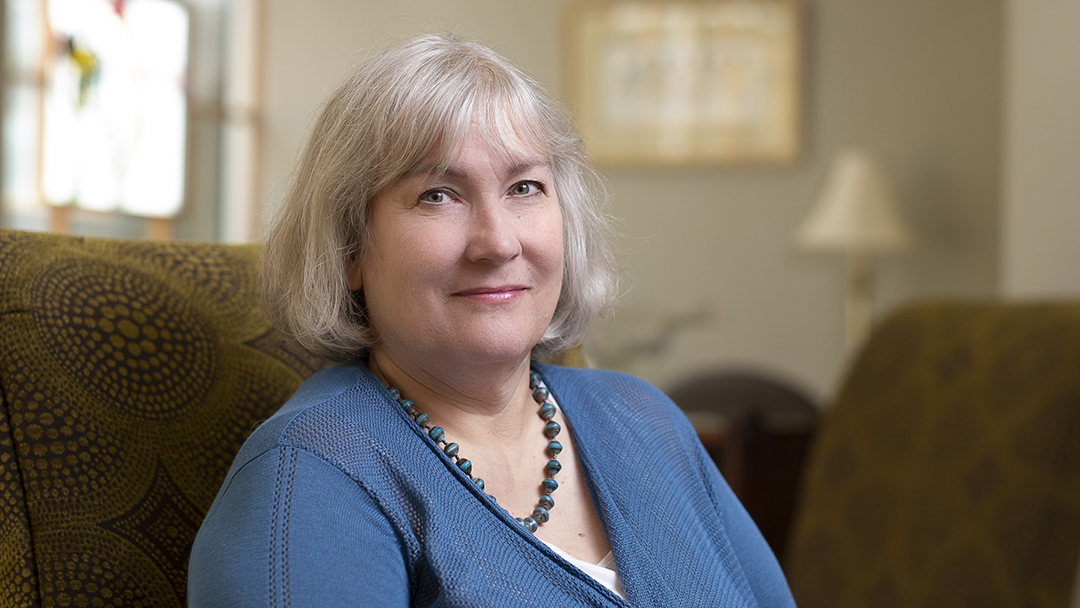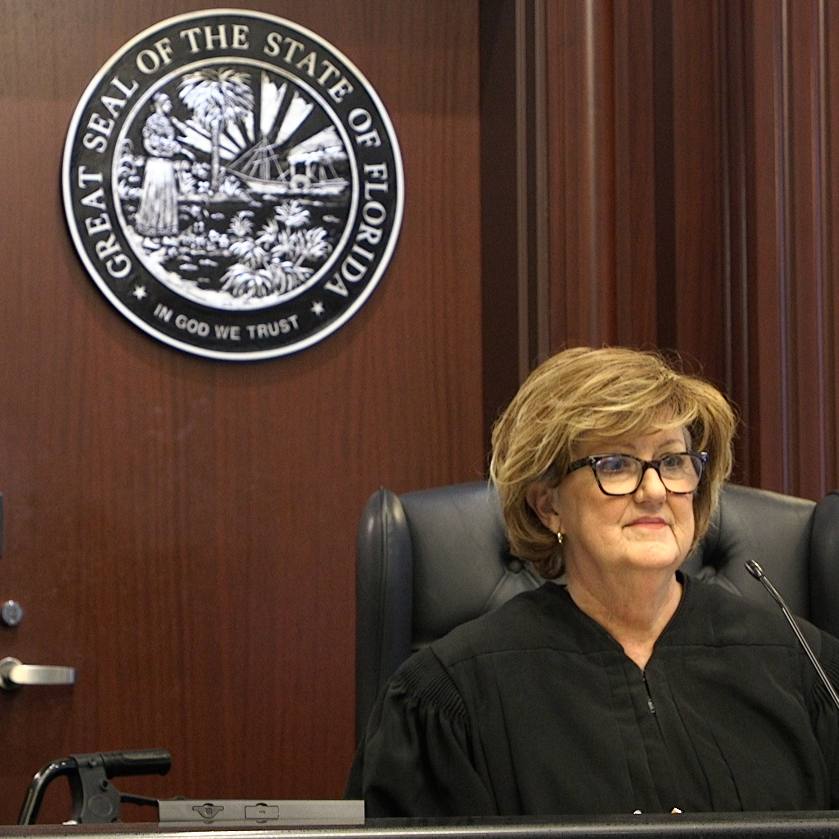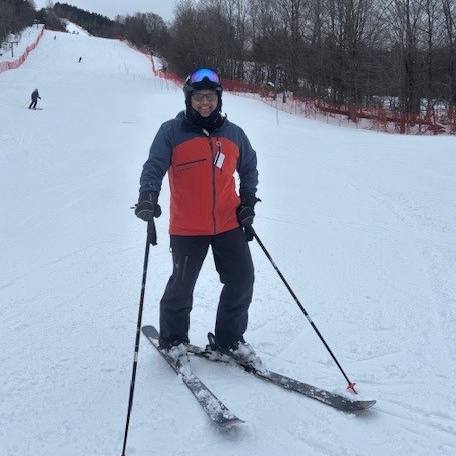Jan Jenswold wasn't concerned when she went in for her annual mammogram. Then the test picked up something suspicious, and a follow-up found that Jan had breast cancer. But the early diagnosis brought with it an optimistic prognosis. Today, with her cancer in the past, Jan now encourages others to make mammograms a priority.
"I was just going in for a routine mammogram," says Jan Jenswold of Eau Claire, Wisconsin. "I don't usually think about it. I don't have a family history of breast cancer, so I wasn't worried."
But this time, when Jan went for her mammogram at the HERS Breast Center at Mayo Clinic Health System in Eau Claire, the scan showed something that concerned her care team. Jen had a follow-up 3D mammogram, also known as digital breast tomosynthesis. The test allows breast tissue to be viewed in individual segments, showing greater detail than a traditional mammogram.
"I'm really glad I got the 3D mammogram," Jan says. "That's what picked up on the tumors, because they were actually really small."
Facing a diagnosis
A biopsy confirmed the diagnosis. Jan had breast cancer. While the news took her by surprise, she says she was not as frightened as she thought she would be. Jan, who works as a supervisor in Outpatient Behavioral Health at Mayo Clinic Health System, had confidence in her care team.
"Everybody I talked to on the staff was so encouraging," Jan says. "I read everything I could. I looked at wigs and prosthetics in case I needed to have surgery or chemo. I wanted to be prepared."
"It is really important for women to come in and get screened, even if there is no history of breast cancer in their family."
Megan Meyers, M.D.
Because Jan's cancer was detected early, she had an encouraging prognosis. Her cancer was removed with a lumpectomy. Further testing revealed that Jan would not need to undergo chemotherapy, but she did have radiation therapy for four weeks. Fortunately, Jan says the treatment went smoothly for her, and she experienced no side effects. Jan also has been able to reduce her chance of recurrence by taking hormone-blocking medication.
The fact that Jan had no family history of breast cancer is not unusual, says Megan Meyers, M.D., a radiologist at Mayo Clinic Health System.
"One in 8 women will be diagnosed with breast cancer, and most breast cancers are actually not hereditary," says Dr. Meyers. "It is really important for women to come in and get screened, even if there is no history of breast cancer in their family."
Feeling fortunate
Two years later, Jan's grateful that she's been able to move past her cancer experience. "I really feel lucky," Jan says. "I'm doing great. It feels like it was a long time ago. Sometimes I forget it happened at all."
Although Jan knows firsthand that a cancer diagnosis can be scary, she says situations like hers show there is good reason to have hope for a positive outcome.
"It's not the same news it would have been 30 years ago," she says. "We've come so far. There are so many targeted treatments."
"Get in there, and get it done. You don't want to be the person who finds out it's too late for effective treatment."
Jan Jenswold
Jan also is thankful that she's always taken the time to go in for her annual mammograms, even when it would have been easy to let it slide for a year or two. She hopes her example will inspire others to do the same.
"Get in there, and get it done," Jan says. "You don't want to be the person who finds out it's too late for effective treatment."
Note: A version of this story was published previously in Hometown Health.
HELPFUL LINKS
- Learn more about 3D mammograms.
- Talk with others living with breast cancer on Mayo Clinic Connect.
- Explore Mayo Clinic Health System.
- Request an appointment.








